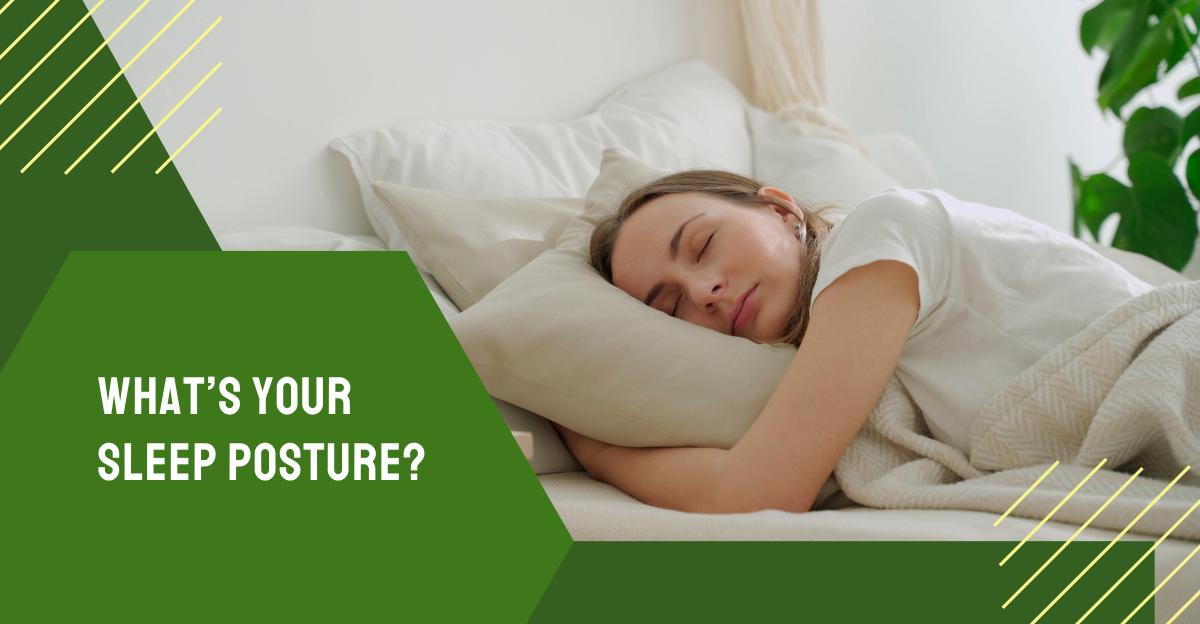Your Sleep Posture

- posted: Mar. 25, 2018
What’s your sleep posture? We all have one.
And, did you know that the way you sleep could be affecting your overall health?
When you visit Skyline Chiropractic, we often discuss your walking and sitting posture, but because of the amount of time you spend sleeping, we should also be discussing your sleep posture. The position or posture you have when sleeping affects your sleep and how you feel the rest of the day.
Sleep Posture Positions
When you look at your sleep posture, what position do you usually take? In general, not all positions are equal.
The National Sleep Foundation ranks the sleep positions from best to worst, and considers the back position the best. It will keep your spine in a neutral position. This position keeps your spine aligned and allows the mattress to support the curvature of your back. Some claim back sleepers have fewer wrinkles.
For those with acid reflux or sleep apnea, back sleeping may be troublesome. If you snore, your partner will tell you not to sleep on your back, unless you have an adjustable bed.
The next best position is on your side. This is the best position for those who snore or have acid reflux. Not all sides are created equal. Sleeping on your left side allows for better circulation.
Stomach sleeping, in general, is not a good sleep position. It causes strain on your back and adds pressure to your joints and muscles.
Looking to train yourself to sleep on your back? Posture is key, so consider using pillows under your knees, one under your lower back, and around you. The Sleep Foundation has more tips to help you make the switch.
At Skyline Chiropractic, a full evaluation includes discussing the best position for you. At times, because of an injury, one position will help you heal and sleep better.
Sleeping Tools
To have a good night’s sleep, you need the right sleeping tools. Let’s start with the mattress. When was the last time you changed your mattress? If it is over 5 years old, it might be time to evaluate it. If your mattress is lumpy, too hard or too soft, it can affect your sleep posture. A good mattress is like a good office chair. A good office chair helps you maintain a good position and keeps you comfortable all day. A good mattress should be comfortable all night.
You can now get smart mattresses that have built-in AI tools to adjust firmness based on your position. Many of us wear smart watches or a tracker, that also help us track our sleep patterns and habits. A Johns Hopkins study calls out that these trackers don't actually track your sleep cycles, but they can help you understand why you might be sluggish and look for patterns in your routine.
Your pillow is the key to good posture. If it is too high or big, your neck is forced into a position that is not straight or natural. If it is too flat, you may have a strained neck position, too. The key is to find a pillow that supports your neck and keeps your head aligned straight like it would be if you were walking with a book on your head. If you are a slide sleeper, be sure to look for a pillow that supports your head to keep it straight while on your side. The National Sleep Foundation shares tips for finding the right pillow.
The next tool you need is the extra pillow. Do you have one? The best way to keep your body aligned is to use a small pillow under your knees when you sleep on your back. If you are a side sleeper, a small pillow between your knees will help to keep your lower back aligned.
The good news is chiropractic patients report better sleep after an adjustment. This is another great tool in your better sleep arsenal.
But, if you are waking unrested or feeling worse than you did the night before, it might be time to evaluate your sleep posture. Make an appointment to evaluate your overall posture, and look forward to better sleep.
Locations
Find us on the map
12940 Harriet Avenue S. Suite 240
Burnsville, MN 55337, US

